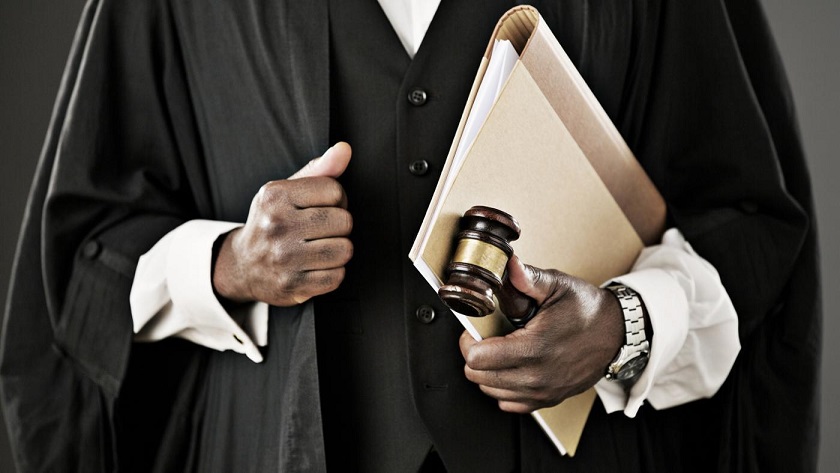There has been a very useful discussion in the public domain about the relationship between the three organs of government, especially in the present context where one organ, namely Parliament, is not functional. While Parliament has been described by some as being ‘dead’ due to it being dissolved, others point out that under the Constitution Parliament is only dormant and can be summoned in times of emergency and, under Article 70 (7), even without a formal declaration of emergency.
On the relationship between the three organs, there is an important constitutional provision that has not received enough attention. That is the relationship between Parliament and the judiciary. Under Article 4 (c), it is the People’s judicial power vested in Parliament that the judiciary exercises on Parliament’s behalf. Parliament can exercise judicial power directly only in matters relating to powers and privileges of Parliament. Article 4 (c) reads: “the judicial power of the People shall be exercised by Parliament through courts, tribunals and institutions created and established, or recognized, by the Constitution, or created and established by law, except in regard to matters relating to the privileges, immunities and powers of Parliament and of its Members, wherein the judicial power of the People may be exercised directly by Parliament according to law’.
Thus, the judicial power that courts exercise is the judicial power of the People which has been vested in Parliament. Under the Constitution, the country can be governed without Parliament, the repository of legislative and judicial power, only for three months. Unless the dormant Parliament is activated, the judiciary will function after 02 June without Parliament itself functioning, without the repository of judicial power functioning. The judiciary will function but Parliament, on whose behalf the courts exercise judicial power, will not function.
I want to make it absolutely clear that I am not saying that courts cannot function after 02 June unless Parliament meets. That is not what I mean. My submission is that the President has a duty to summon Parliament so that the repository of judicial power will function after the three-month period I referred to. If the President refuses to do so, the judiciary must intervene to ensure that Parliament functions after 02 June, so that courts as well as the repository of their power function.
One more word about the ‘dead’ Parliament. Something that is again conveniently forgotten is that the present Prime Minister and Ministers hold office today only because they were members of the so-called ‘dead’ Parliament in which the Prime Minister did not even have a majority. They owe their positions to membership of Parliament. If that Parliament is considered dead, are Ministers ‘the dead walking’?
